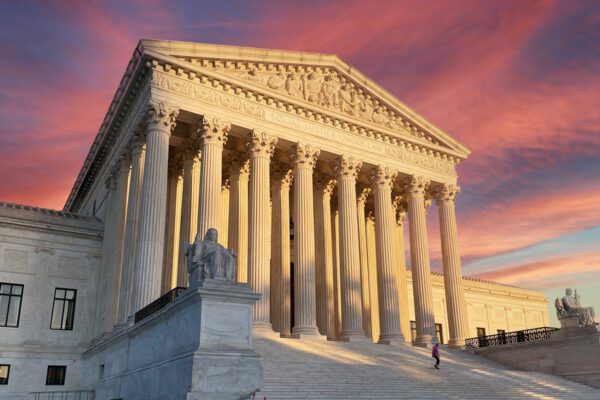The final rule’s 2020 effective date leaves little time for employers to prepare for the changes.
The U.S. Department of Labor (DOL) announces a new final rule that updates the earnings thresholds necessary to exempt executive, administrative and professional employees from the Fair Labor Standards Act’s (FLSA) minimum wage and overtime pay requirements, and allows employers to count a portion of certain bonuses/commissions towards meeting the salary level. The final rule will be effective on January 1, 2020.
HIGHLIGHTS
- The final rule increases the standard salary level for the EAP exemptions to $684 per week ($35,568 per year).
- The final rule increases the HCE salary level to $107,432 per year.
- The final rule permits using 10 percent of nondiscretionary bonuses to calculate an employee’s salary level.
ACTION STEPS
The final rule’s January 1, 2020, effective date leaves little time for employers to prepare for the changes. Employers should:
- Determine which currently exempt employees have salaries below the new threshold; and
- Decide whether to increase salaries for these individuals or reclassify them as non-exempt employees.
The 2019 Overtime Final Rule
As expected, this final rule includes updates to the standard salary level for the EAP and HCE exemptions and allows employers to count up to 10 percent of an employee’s nondiscretionary bonuses and incentive payments (including commissions) as part of the employee’s standard salary level.
In the final rule, the DOL is:
- raising the “standard salary level” from the currently enforced level of $455 to $684 per week (equivalent to $35,568 per year for a full-year worker);
- raising the total annual compensation level for “highly compensated employees (HCE)” from the currently-enforced level of $100,000 to $107,432 per year;
- allowing employers to use nondiscretionary bonuses and incentive payments (including commissions) that are paid at least annually to satisfy up to 10 percent of the standard salary level, in recognition of evolving pay practices; and
- revising the special salary levels for workers in U.S. territories and in the motion picture industry.
Nondiscretionary Bonuses
The final overtime rule will allow employers to use up to 10 percent of an employee’s bonuses to satisfy his or her salary level requirements if:
- The bonus, commission or other incentive pay is nondiscretionary; and
- The employee receives this incentive pay at least once during any given year (or 52-week period).
The final rule also contains a “catch-up” provision that enables employees to remain exempt when their nondiscretionary bonuses aren’t enough to meet the salary level required by an FLSA exemption. Under this new rule, employers must make a “catch-up payment” within one pay period at the end of the 52-week period to avoid losing that employee’s exempt status. The DOL has warned that any catch-up payment “will count only toward the prior year’s salary amount and not toward the salary amount in the year in which it is paid.”
Additional Updates
The final rule maintains the current salary level of $380 per week for American Samoa, but sets a new salary level of $455 per week for employees in Puerto Rico, the U.S. Virgin Islands, Guam, and the Northern Mariana Islands.
The rule also sets a new base rate threshold for employees in the motion picture producing industry of $1,043 per week. This new threshold can be prorated based on the number of days the employee has worked.
The DOL intends to update the standard salary and HCEs total annual compensation levels more regularly in the future through notice-and-comment rulemaking.
References
- Department of Labor – Final Rule: Overtime Update
- Compliance Zywave Bulletin | DOL Issues New Salary Limits for Overtime Exemptions. Please note this is not intended to be exhaustive nor should any discussion or opinions be construed as legal advice. Readers should contact legal counsel for legal advice. © 2019 Zywave, Inc. All rights reserved.
Material posted on this website is for informational purposes only and does not constitute a legal opinion or medical advice. Contact your legal representative or medical professional for information specific to your legal or medical needs.


